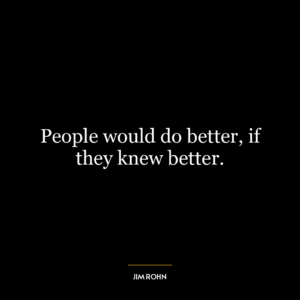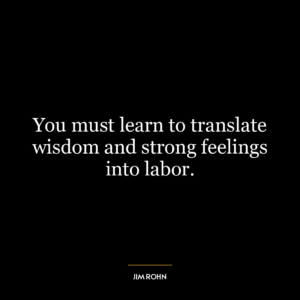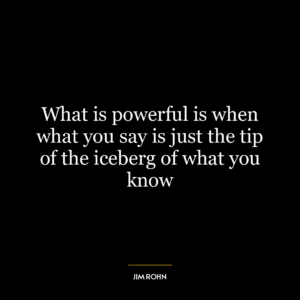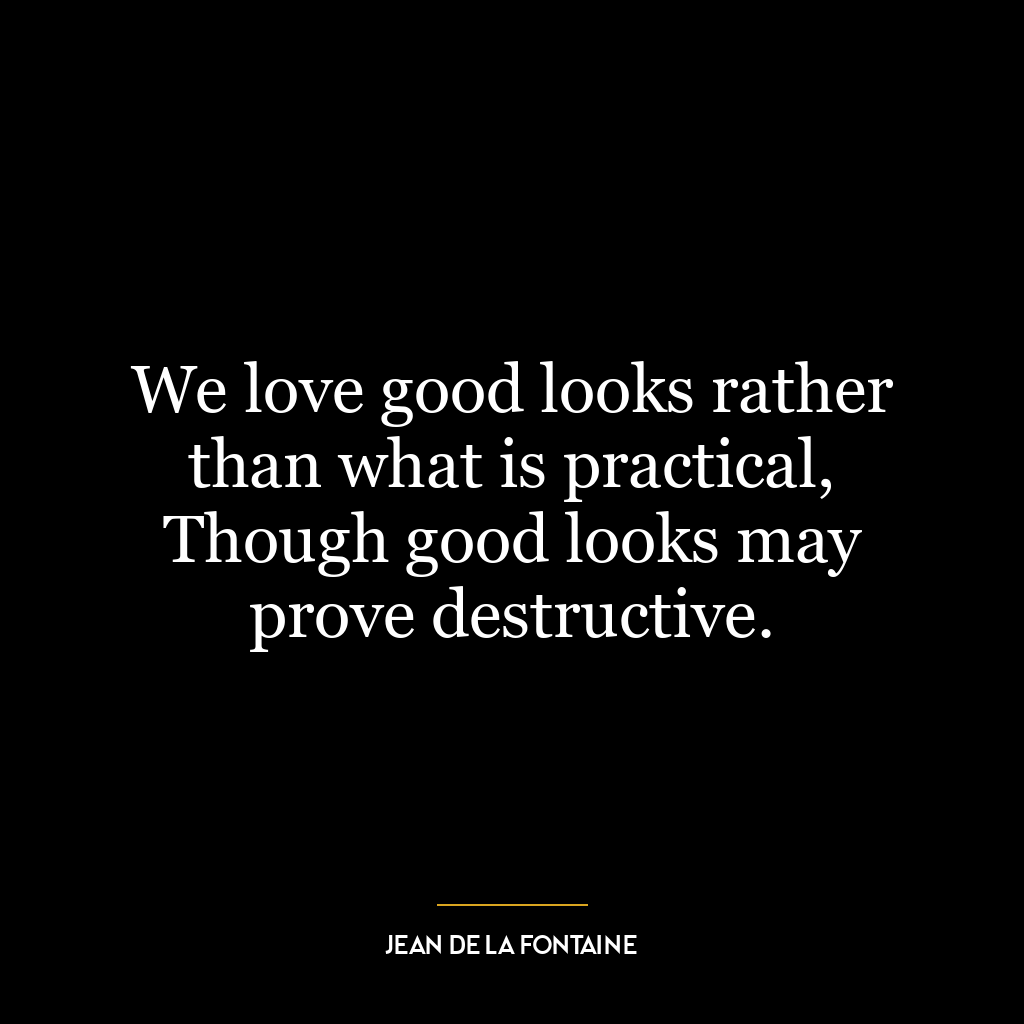The quote, “Economic disaster begins with a philosophy of doing less and wanting more,” is a profound statement on the dangers of imbalance between effort and desire. It suggests that an economy, or even an individual, that is driven by a desire for more but is unwilling to put in the necessary work to achieve it, is on a path to disaster.
This idea is rooted in the basic economic principle of supply and demand. If the demand (wanting more) exceeds the supply (doing less), it creates an imbalance that can lead to inflation, scarcity, and eventually, economic collapse. Similarly, on a personal level, if one’s desires and wants exceed their willingness or ability to work for them, it could lead to financial troubles, dissatisfaction, and stress.
Applying this idea to today’s world, we can see how it might relate to various economic crises. For instance, the 2008 financial crisis was in part due to people wanting more – in this case, home ownership – without necessarily having the means to afford it. This led to an unsustainable housing bubble that eventually burst, causing economic disaster.
In terms of personal development, this quote can serve as a reminder of the importance of balance and hard work. It suggests that we should not aspire for more than we are willing to work for. Success and prosperity are often the result of hard work, dedication, and persistence. Therefore, if we want more – whether it’s more money, more success, or more happiness – we must also be willing to do more to achieve it.
In conclusion, this quote is a cautionary message about the dangers of imbalance between our desires and our actions. It’s a reminder that wanting more is not inherently bad, but it must be matched with an equal or greater amount of effort. Otherwise, we risk creating an unsustainable situation that could lead to disaster, whether on an economic or personal level.














![Blind fortune pursues inconsiderate rashness.
[Fr., Fortune aveugle suit aveugle hardiesse.]](https://quotes.guide/wp-content/uploads/jean-de-la-fontaine/jean-de-la-fontaine-785447.png)
